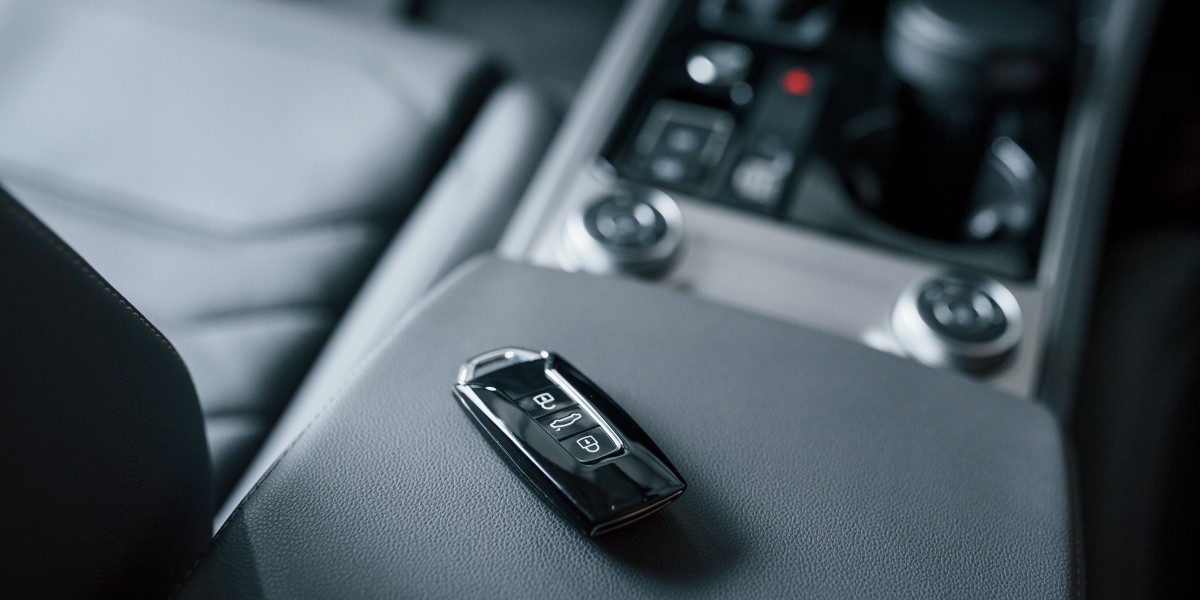Auto Car Key Replacement: A Comprehensive Guide
Car keys are essential components of vehicle ownership. They guarantee the security of the vehicle and facilitate easy access for licensed users. However, losing or damaging car keys can be a frustrating experience. Understanding the procedure of auto car key replacement can assist car owners navigate this unexpected circumstance efficiently. This article digs into the types of car keys, the replacement process, costs involved, and often asked questions to give readers a well-rounded understanding of auto car key replacement.
Comprehending Car Keys
Car keys come in different forms, each developed for particular security standards and technologies. The most typical types consist of:

- Traditional Metal Keys: The standard keys utilized for older designs, frequently quickly duplicated.
- Transponder Keys: Equipped with a little chip that interacts with the car's ignition system, these keys boost security by avoiding unapproved use.
- Remote Key Fobs: These permit keyless entry and, in many cases, engine start. They typically include a transponder chip.
- Smart Keys: A more innovative kind of key that allows keyless entry and ignition. The owner can start the vehicle while still in their pocket or purse.
- Keyless Entry Systems: Activated through distance sensing units, allowing the chauffeur to unlock and begin the vehicle without physically using a key.
Table 1: Types of Car Keys
| Kind of Key | Description | Security Level |
|---|---|---|
| Standard Metal Key | A fundamental key for unlocking and starting older automobiles | Low |
| Transponder Key | Consists of a chip for electronic interaction | Medium |
| Remote Key Fob | Enables keyless entry and may include remote start | High |
| Smart Key | Supplies keyless entry and functionality with proximity | Really High |
| Keyless Entry System | Unlocks and starts vehicle automatically | Extremely High |
The Auto Car Key Replacement Process
When confronted with a lost or harmed car key, comprehending the replacement procedure is vital. Here are the steps involved:
1. Assess the Situation
Before taking any action, validate whether the key is genuinely lost or damaged. Look for spare keys or other potential hiding spots within the vehicle or home.
2. Collect Necessary Information
Once it's confirmed that the key is undoubtedly missing out on or broken, gather important information about the vehicle. This info typically includes:
- Make and model of the vehicle
- Year of manufacture
- Vehicle Identification Number (VIN)
- Proof of ownership (vehicle title, registration, or insurance coverage)
3. Choose a Replacement Method
Car owners have several options for replacing lost or broken keys. The very best choice often depends on the type of key involved:
- Dealership: The dealer can produce a brand-new key based upon the VIN, which is a safe and secure way to ensure you get a key that works with your vehicle.
- Locksmith professional: A competent automotive locksmith professional can be more cost-efficient and practical, particularly for transponder keys or smart keys.
- DIY Key Replacement Kits: Available at automotive shops, these kits may be ideal for standard keys, but care is recommended for modern-day keys.
4. Get a New Key
Once the chosen alternative has actually been picked, the next action involves either going to the dealership or locksmith professional to have the brand-new key created. Make sure the car exists if it's needed for shows purposes.
5. Program the New Key
Depending on the kind of key, programs might be needed. This ensures that the new key is recognized by the vehicle's ignition system. Car dealerships and locksmiths normally have actually the tools required for this.
6. Check the Key
After programs, test the key to guarantee it works in both the ignition and locks.
7. Think About Additional Security
If a key is lost, it may pose a security risk. In such cases, think about reprogramming the vehicle's locks or the transponder system to prevent prospective theft.
Cost of Auto Key Replacement
The expense of changing a car key varies considerably based upon a number of aspects, including vehicle make and design, and the method utilized for replacement. Here is a general cost breakdown:
| Replacement Method | Typical Cost Range |
|---|---|
| Car dealership | ₤ 150 - ₤ 500 |
| Automotive Locksmith | ₤ 100 - ₤ 300 |
| Do It Yourself Key Replacement Kit | ₤ 10 - ₤ 50 |
Frequently Asked Questions About Auto Car Key Replacement
Q1: Can I replace my car key myself?
A1: Depending on the type of key, you can use DIY sets for traditional metal keys. Nevertheless, modern-day keys often need professional programs.
Q2: How long does it require to get a replacement key?
A2: The procedure can take as low as 30 minutes for locksmiths but may take longer at car dealerships, especially if special ordering is required.
Q3: What if I lose my only car key?
A3: If the only key is lost, you may require to have your vehicle hauled to a locksmith or car dealership for a replacement.
Q4: Is it more affordable to get a key made at a dealership or locksmith?
A4: Generally, locksmiths can offer a more affordable service, especially for non-high-security keys.
Q5: What can I do to avoid losing my car keys in the future?
A5: Consider utilizing key finders, key hooks, or designated areas in your home or car for easy access.
Effective auto car key replacement is a critical element of vehicle ownership. Comprehending the types of keys, the replacement process, and the associated costs can help car owners make informed decisions when confronted with lost or damaged keys. By being proactive, people can minimize the inconvenience and potential costs connected with key replacement.








